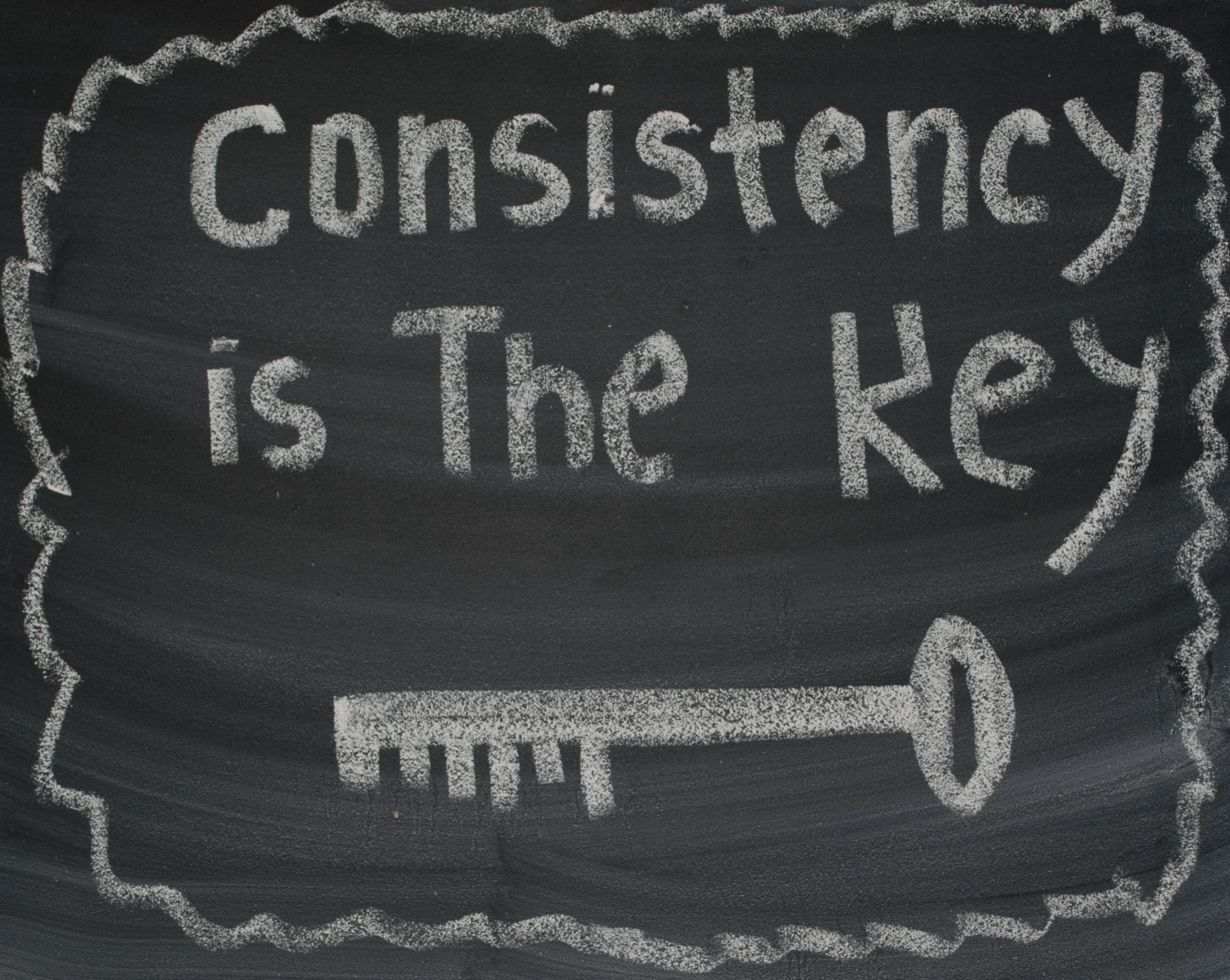Trust the Process
Addiction recovery is a transformative journey that requires resilience, self-awareness, and a supportive environment. One of the most critical yet often overlooked elements in this process is trust. Trust plays a pivotal role not only in relationships with others but also in the individual's relationship with themselves. It’s the foundation upon which long-term recovery is built, enabling growth, accountability, and healing.
Rebuilding Inner Confidence
When in recovery, self-trust is often one of the first casualties of addiction. Broken promises to yourself, cycles of relapse, and feelings of guilt or shame can erode confidence in your ability to make positive decisions. Rebuilding this trust is essential for recovery.
Self-trust begins with small, consistent actions. Setting achievable goals and following through—whether it’s attending therapy sessions, sticking to a treatment plan, or practicing self-care—all help rebuild confidence. Over time, these small victories demonstrate to yourself that positive change is possible, fostering resilience and self-reliance.
Building a Support System
Addiction is often isolating. Straining or severing relationships with family, friends, and colleagues. Recovery involves not just healing yourself but also mending these bonds and cultivating a supportive community.
Trusting others can feel daunting, especially if past relationships were marked by judgment or betrayal. However, the willingness to be vulnerable and seek support is crucial. Joining support groups, engaging with a therapist, or opening up to loved ones creates a network of accountability and encouragement. These trusted relationships provide a safety net, reminding you that you are not alone in your struggles.
Equally important is identifying trustworthy individuals—those who listen without judgment, respect boundaries, and offer genuine encouragement. Surrounding yourself with such people can make the recovery journey less overwhelming and more hopeful.
Patience and Persistence
Recovery is rarely a linear path. Setbacks and relapses are common, and the process often requires navigating uncertainty and discomfort. Trusting the recovery process means embracing these challenges as opportunities for growth rather than evidence of failure.
This trust is cultivated by working closely with addiction specialists, therapists, and recovery programs that emphasize evidence-based practices. Having trust in the expertise of professionals and the efficacy of proven treatment methods helps individuals stay committed, even when progress feels slow.
Restoring Trust in Relationships
One of the hardest aspects of recovery can be rebuilding trust with loved ones. Addiction often damages relationships through dishonesty, neglect, or harm. Restoring trust requires consistent effort, transparency, and patience.
Open communication is key. Recognising and apologizing for past behaviour, demonstrating accountability, and following through on commitments show others that you are serious about change. At the same time, loved ones must also be willing to forgive and support—a process that takes time and effort from both sides.
“Trust isn’t what we do; it is what results from what we do.”
Richard Fagerlin
Trust is not a one-time achievement but an ongoing practice. As you progress in your recovery, trust continues to play a role in maintaining sobriety, navigating challenges, and building a fulfilling life. Trusting yourself leads to confidence in making healthier choices, trusting others provides a sense of connection and belonging, and trusting the process keeps you focused on your goals.
Moreover, trust fosters hope. It reminds you that recovery is possible, relationships can heal, and a better future awaits. By prioritising trust at every stage of the journey, you can lay a strong foundation for a life free from addiction.
Trust is the cornerstone of addiction recovery. It’s a multifaceted concept that involves self-belief, reliance on others, faith in the recovery process, and the repair of damaged relationships. While building trust takes time and effort, its rewards are profound, offering stability, support, and hope. For anyone on the path to recovery, nurturing trust—in all its forms—can transform the journey from one of struggle to one of empowerment and healing.


